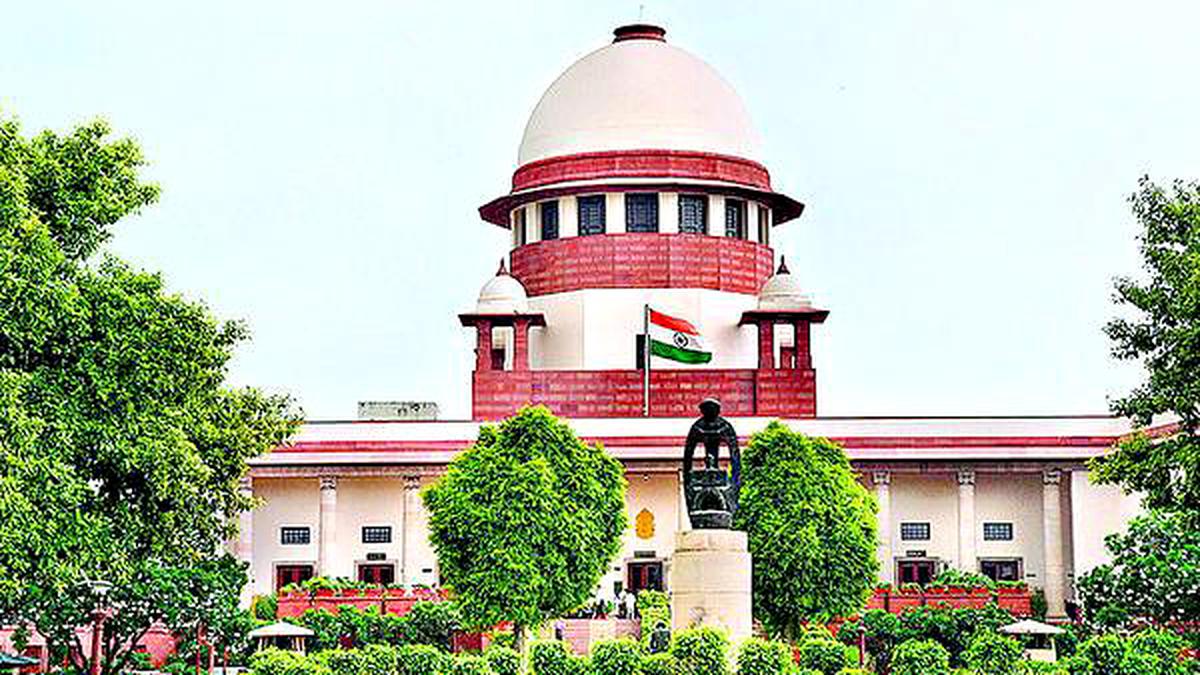
Hemant Soren's plea against Enforcement Directorate summons to be heard on September 18
The Hindu
A Bench of Justices Aniruddha Bose and Bela M Trivedi deferred the matter after it was informed that senior advocate Mukul Rohatgi would appear in the matter for Hemant Soren.
The Supreme Court on September 15 adjourned to September 18 the hearing on Jharkhand Chief Minister Hemant Soren's plea against the Enforcement Directorate's (ED) summons in an alleged money-laundering case.
A Bench of Justices Aniruddha Bose and Bela M Trivedi deferred the matter after it was informed that senior advocate Mukul Rohatgi would appear in the matter for Mr. Soren.
"I am requesting the matter be heard on Monday. Senior advocate Mukul Rohatgi is leading us," a junior counsel said. The Bench agreed to the submission.
Mr. Soren has moved the apex court challenging the summons sent to him to depose on August 14 at the federal agency's office in Ranchi and record his statement under the Prevention of Money Laundering Act.
Earlier, Mr. Soren had skipped the ED summons in an alleged defence land scam case citing pre-scheduled events.
The 48-year-old Jharkhand Mukti Morcha (JMM) leader was interrogated for over nine hours by the ED on November 17 last year in connection with another money-laundering case linked to alleged illegal mining in the State.
The Central probe agency is investigating more than a dozen land deals, including one related to defence land, wherein a group of mafia, middlemen and bureaucrats allegedly connived to forge deeds and documents of as long back as 1932.

‘Instead of accusing Gen-Z of lacking skills or discipline, we need to ask what drives them’ Premium
At a recent event held in the city, Cambridge University Press & Assessment launched an advisory panel comprising leaders from top global corporations, aiming to bridge the employability gap in India and better align academic output with industry needs. A whitepaper released at the event highlighted the growing importance of communication skills, the need for stronger collaboration between industry and universities, and strategies to bridge the persistent skill gap.












